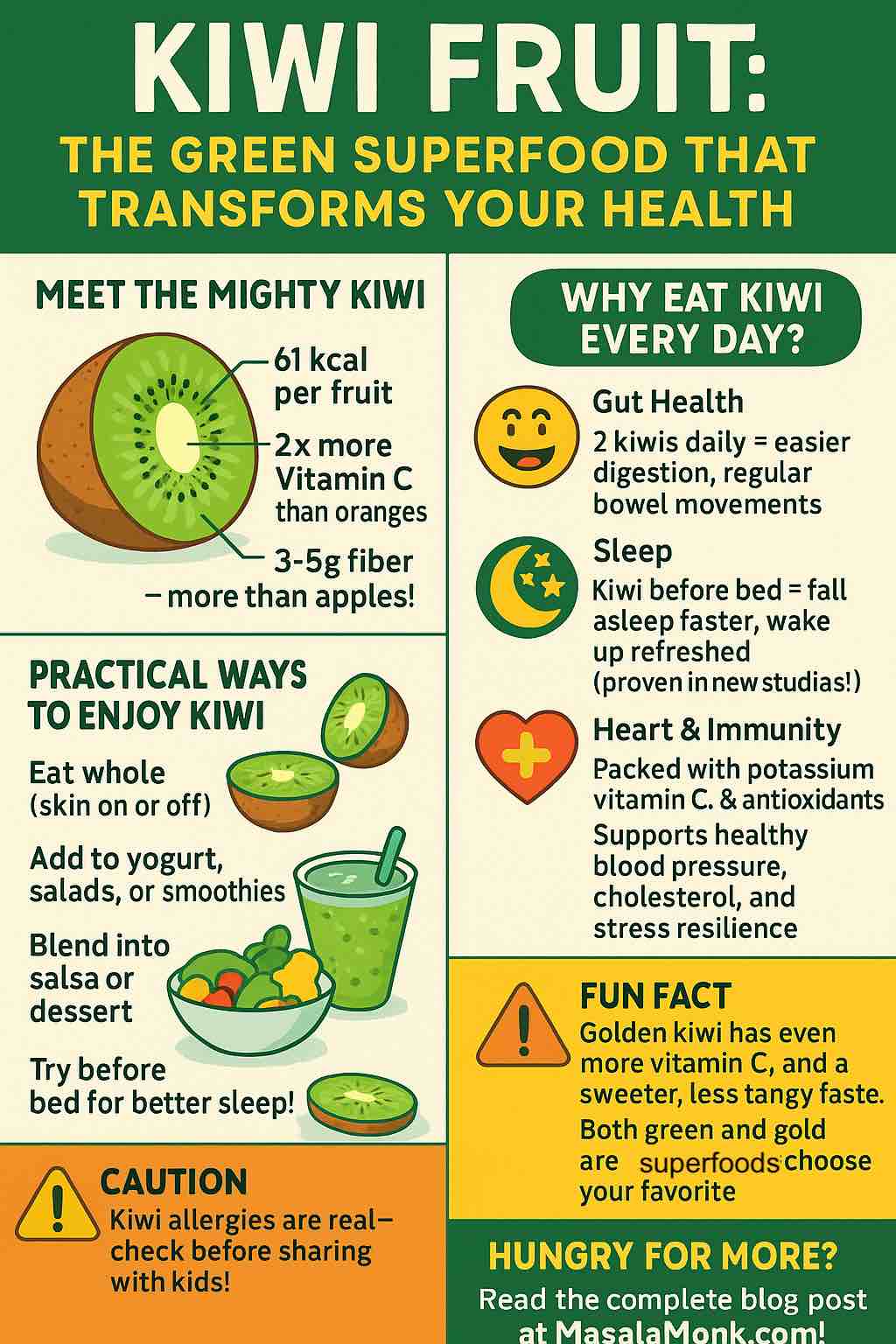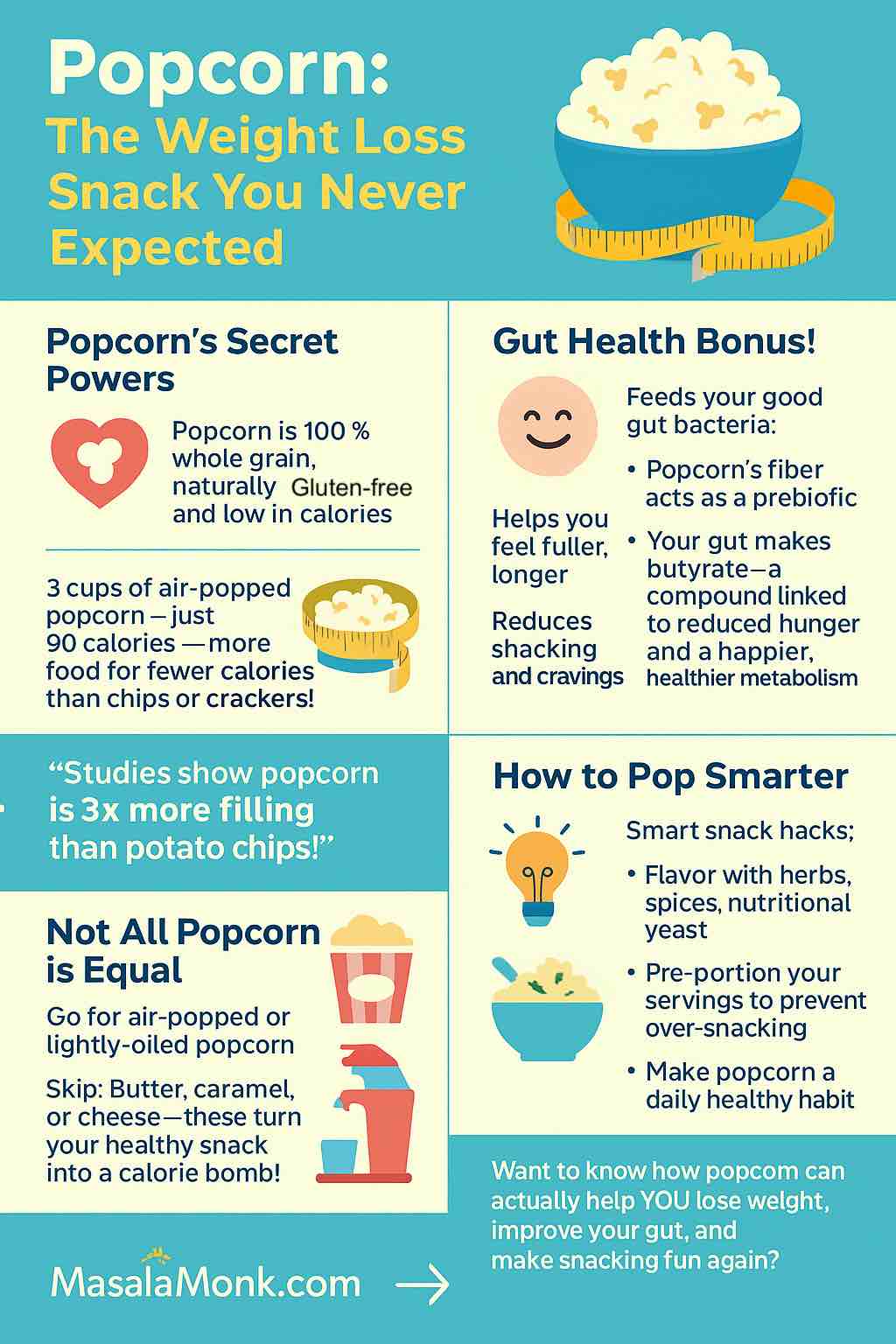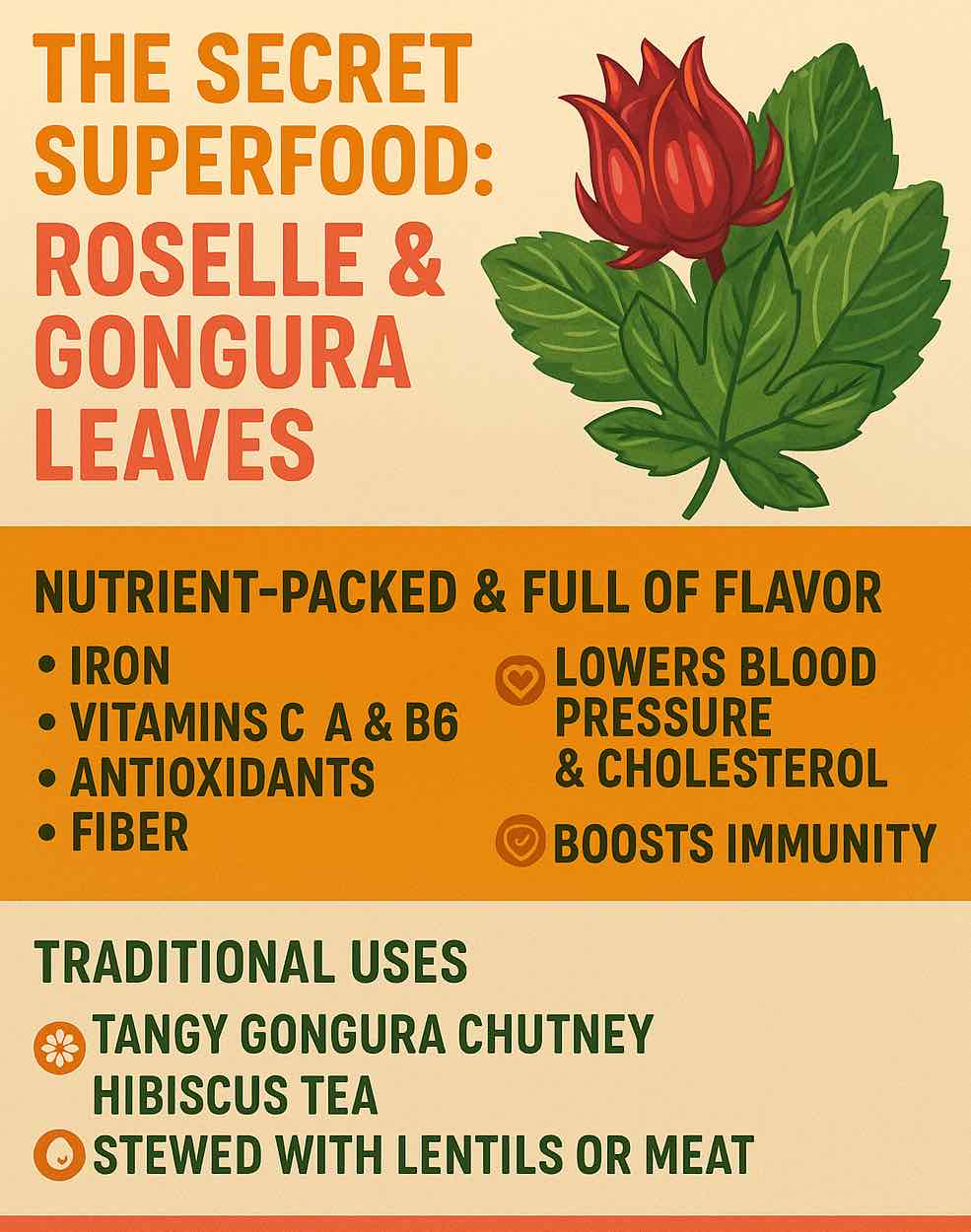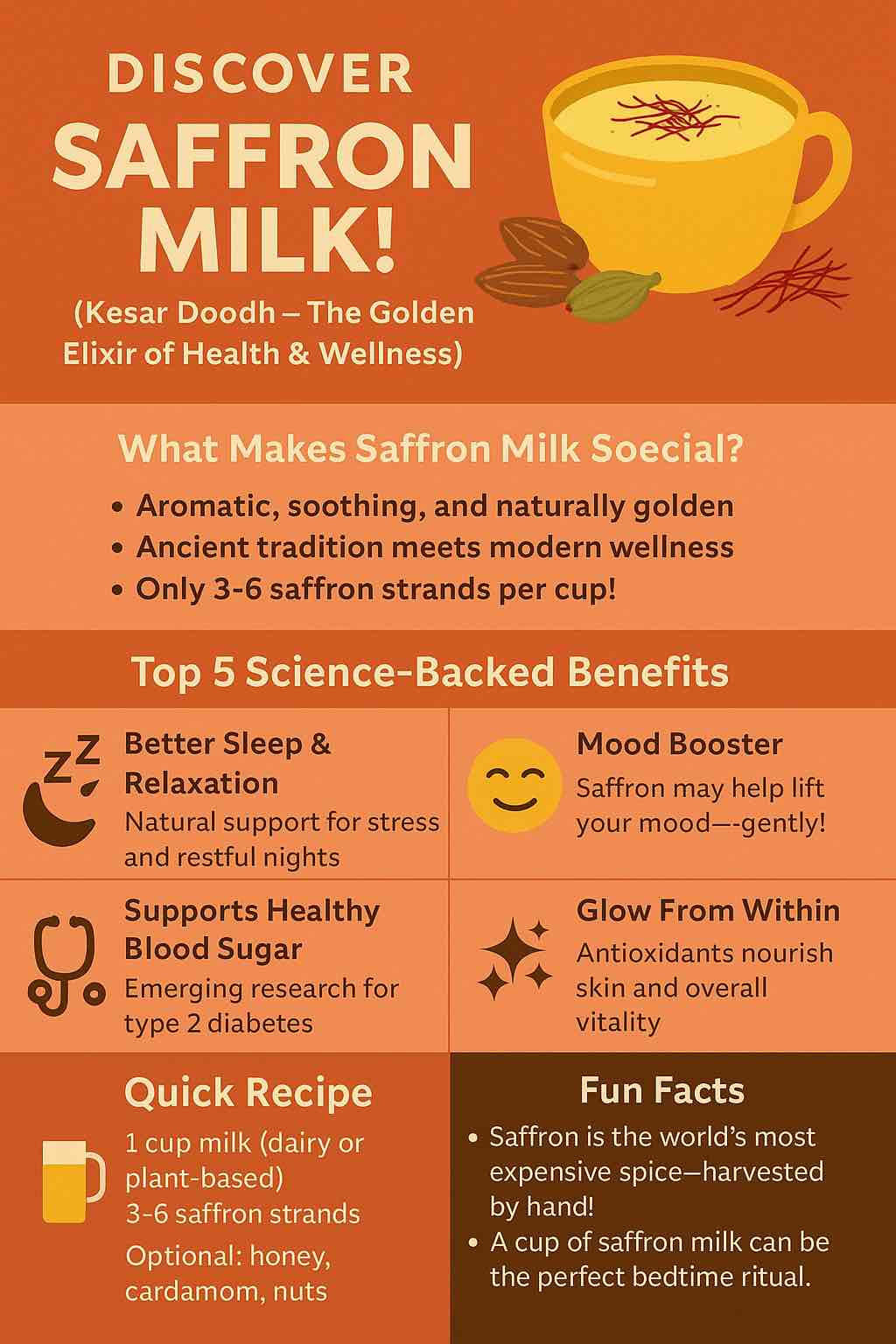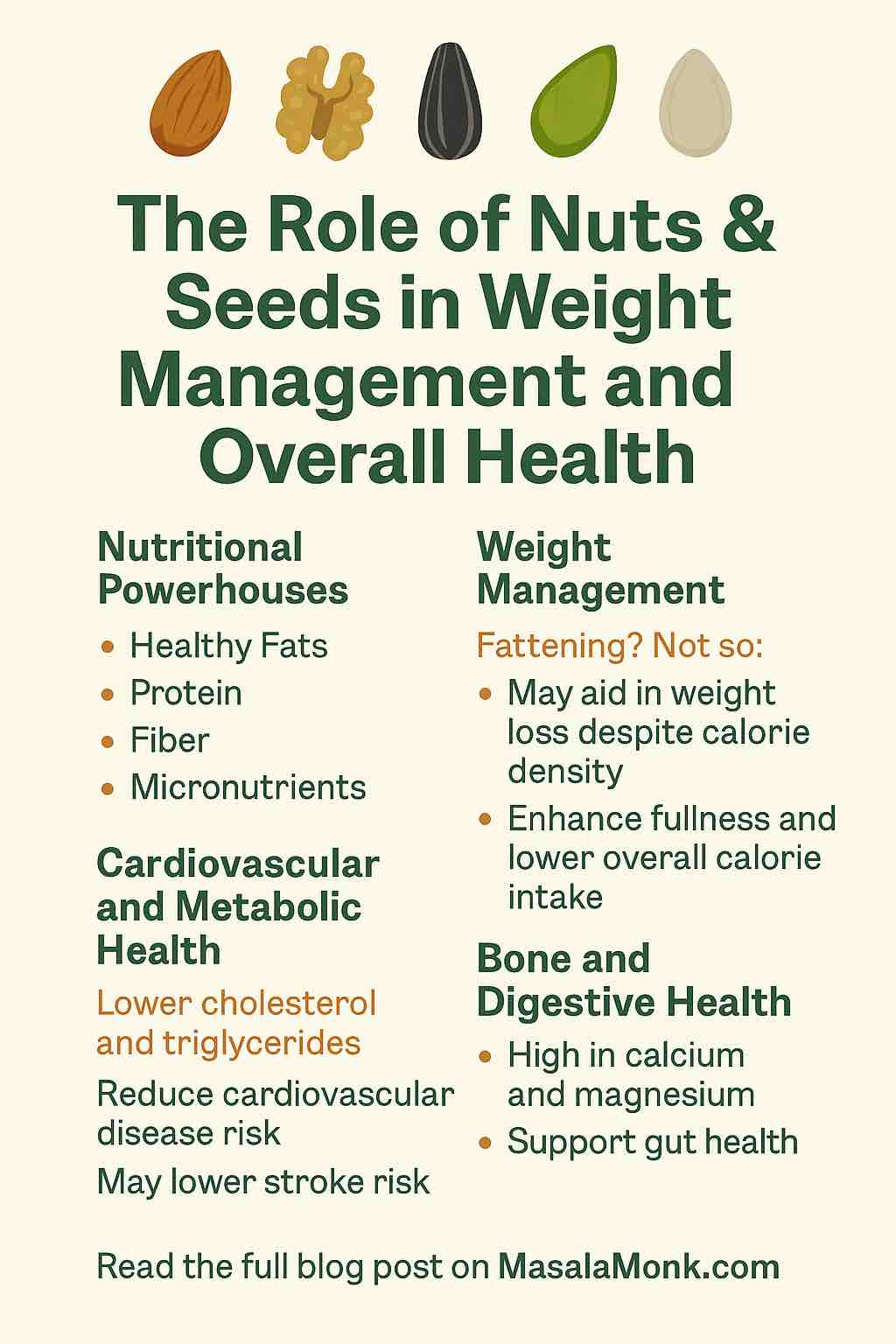
If you’re trying to shed pounds naturally, eating the best nuts and seeds for weight loss can give you a real advantage. For years, many people avoided these foods, believing their high fat and calorie content would lead to weight gain. However, modern research tells a different story.
Studies from Harvard and the University of South Australia show that including nuts in a calorie-controlled diet not only supports weight loss but often leads to greater fat loss compared to diets without nuts. Seeds like chia and flax add even more benefits, thanks to their fiber and omega-3 fatty acids, which keep you full and improve metabolism.
In this comprehensive guide, we’ll explore the top nuts and seeds for weight loss, why they work, how to eat them, and the science behind their benefits. By the end, you’ll know exactly how to make these tiny nutritional powerhouses a smart part of your weight-loss journey.
Why Nuts and Seeds Help With Weight Loss
Nuts and seeds are nutrient-dense, combining protein, fiber, and healthy fats. This unique balance explains why they support fat loss instead of hindering it:
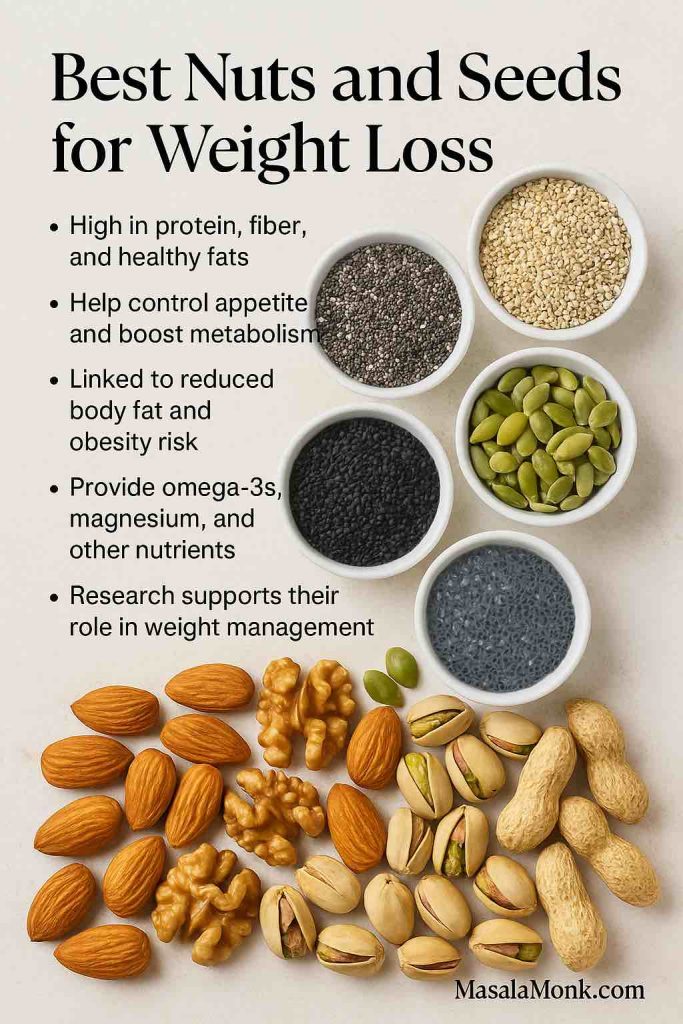
- Satiety & Reduced Appetite
Their high fiber and protein slow digestion and keep you full, reducing cravings for processed snacks. - Incomplete Calorie Absorption
Research shows that not all calories in nuts are absorbed. For example, the metabolizable energy of walnuts is about 21% lower than what food labels suggest (Health.com). - Improved Metabolism
Healthy fats (especially omega-3s) support metabolic health, while protein helps preserve lean muscle during fat loss. - Research Evidence
- A Harvard study tracking 145,000 adults found that eating half a handful of nuts daily reduced obesity risk by 16%.
- A 2024 systematic review showed nut-enriched diets led to 1.4–7.4 kg more weight loss than nut-free diets.
- Meta-analyses confirm that nut consumption does not lead to weight gain (PMC).
📊 Nutritional Comparison: Nuts & Seeds (per 100 g)
| Food | Calories | Protein | Fiber | Fat | Key Nutrients |
|---|---|---|---|---|---|
| Chia Seeds | 486 | 17 g | 34 g | 31 g | Omega-3s, Calcium, Magnesium |
| Flax Seeds | 534 | 18 g | 27 g | 42 g | Lignans, Omega-3s, Fiber |
| Pumpkin Seeds (Pepitas) | 559 | 30 g | 6 g | 49 g | Magnesium, Zinc, Iron |
| Cumin Seeds | 375 | 18 g | 11 g | 22 g | Iron, Antioxidants |
| Sesame Seeds | 573 | 18 g | 12 g | 50 g | Calcium, Magnesium, Lignans |
| Sabja (Basil) Seeds | 442 | 20 g | 40 g | 25 g | Fiber, Iron, Plant Compounds |
| Almonds | 579 | 21 g | 12.5 g | 50 g | Vitamin E, Magnesium |
| Walnuts | 654 | 15 g | 7 g | 65 g | Omega-3s (ALA), Antioxidants |
| Pistachios | 560 | 20 g | 10 g | 45 g | B6, Potassium, Lutein |
| Peanuts | 567 | 25 g | 8.5 g | 49 g | Folate, Niacin, Protein |
| Brazil Nuts | 659 | 14 g | 7.5 g | 67 g | Selenium, Magnesium |
💡 Insights at a Glance
- Highest Protein: Pumpkin seeds (30 g/100 g).
- Highest Fiber: Sabja (40 g/100 g), chia (34 g/100 g).
- Highest Omega-3s: Flax, chia, walnuts.
- Lowest Calories (comparatively): Chia and Sabja, though still energy-dense.
- Nutrient Powerhouses: Brazil nuts (selenium), pumpkin seeds (magnesium & zinc), almonds (vitamin E).
Best Seeds for Weight Loss
Seeds may be tiny, but when it comes to nutrition, they pack an enormous punch. High in fiber, protein, and healthy fats, they help control appetite, stabilize blood sugar, and provide essential micronutrients that support metabolism. Incorporating the best seeds for weight loss into your daily diet is an easy, natural way to enhance fat loss while improving overall health.
Below, we’ll explore the top science-backed seeds that aid weight management — and how to use them.
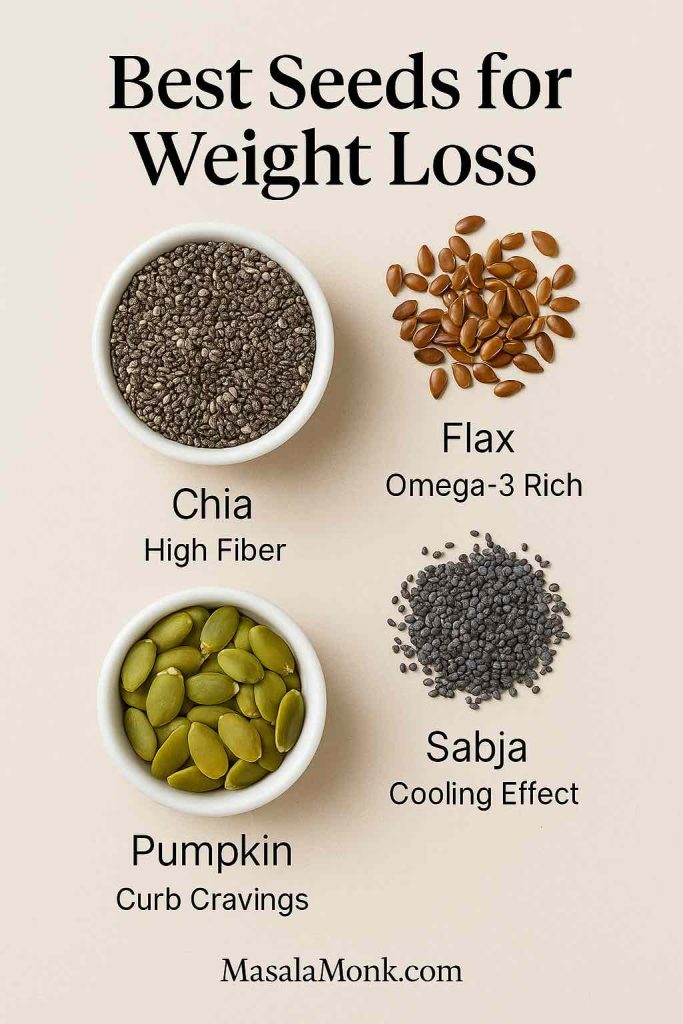
🌱 Chia Seeds for Weight Loss
Chia seeds are one of the most popular seeds for weight loss — and for good reason. Just two tablespoons provide nearly 10 grams of fiber, which expands in the stomach and slows digestion, creating a feeling of fullness that reduces overeating.
Chia seeds are also rich in omega-3 fatty acids, protein, calcium, and magnesium, making them a nutrient-dense addition to any diet. Their ability to absorb water (up to 10x their weight) makes them particularly effective in appetite control.
👉 A Harvard Nutrition Guide highlights chia as an easy way to add fiber and omega-3s to meals without significantly raising calorie intake.
How to Eat Chia Seeds
- Mix 1–2 tablespoons into smoothies or yogurt.
- Prepare overnight chia pudding with milk or plant-based alternatives.
- Soak in water for 20 minutes to make chia water, a simple pre-meal appetite suppressant.
💡 Tip: Always soak chia seeds before eating large amounts to prevent digestive discomfort.
For some creative Chia Pudding recipes, do read out post: 10 Creative Chia Pudding Recipes for Every Taste
🌱 Flax Seeds for Weight Loss
Flax seeds (or linseeds) are another fiber powerhouse, providing both soluble and insoluble fiber that promotes satiety and digestive health. They’re also rich in lignans, plant compounds with antioxidant and hormone-balancing effects.
Studies suggest flax may help lower cholesterol and support fat metabolism, making them a great addition to weight-loss diets.
How to Eat Flax Seeds
- Always consume ground flax seeds (whole seeds may pass through undigested).
- Add 1–2 tablespoons to oatmeal, pancakes, or baked goods.
- Blend into protein shakes or smoothies.
💡 Tip: Store ground flax seeds in the fridge to prevent oxidation and preserve nutrients.
Do Read: How to Incorporate Flax Seeds for Weight Loss: Tips, Recipes, and Nutritional Benefits
🌱 Pumpkin Seeds for Weight Loss
Pumpkin seeds, also known as pepitas, are nutrient-dense and packed with protein, magnesium, zinc, and antioxidants. They help regulate blood sugar, support muscle mass, and improve satiety — all important for weight loss.
A gastroenterologist cited in Economic Times recommends pumpkin seeds for their ability to balance blood sugar levels and provide affordable nutrition.
How to Eat Pumpkin Seeds
- Snack on roasted pumpkin seeds.
- Add to salads, soups, or stir-fries.
- Include in homemade trail mix or granola bars.
💡 Tip: Stick to a handful (¼ cup) to keep calories in check.
Also Read: The Benefits of Pumpkin Seeds for Weight Loss and Blood Sugar Control
🌱 Cumin Seeds for Weight Loss
While often used as a spice, cumin seeds have gained attention for potential weight-loss benefits. Some small trials suggest cumin may aid fat reduction and improve cholesterol when included in calorie-controlled diets.
How to Use Cumin Seeds
- Brew cumin water: soak 1 teaspoon of seeds overnight, strain, and drink in the morning.
- Add to soups, stews, or roasted vegetables for extra flavor and digestive support.
💡 Tip: Cumin should complement a balanced diet — it’s not a standalone solution for fat loss.
Also Read: Harness the Power of Cumin Seeds for Weight Loss: Unveiling the Potential
🌱 Sesame Seeds for Weight Loss
Sesame seeds are calorie-dense, but they provide calcium, magnesium, and lignans that support metabolic health. They are often consumed in the form of tahini, a sesame paste used in Mediterranean and Middle Eastern cooking.
How to Eat Sesame Seeds
- Sprinkle toasted sesame seeds on stir-fries, noodles, or salads.
- Use tahini as a base for salad dressings or dips like hummus.
💡 Tip: A teaspoon or two goes a long way — moderation is key due to calorie density.
🌱 Sabja (Basil) Seeds for Weight Loss
Sabja seeds, also called tukmaria or basil seeds, are similar to chia in their ability to swell up in liquid. Rich in fiber and plant compounds, they slow digestion, promote fullness, and support gut health.
They’re a traditional ingredient in Indian summer drinks and desserts, prized for their cooling effect and digestive benefits.
How to Eat Sabja Seeds
- Soak 1–2 teaspoons in water for 15 minutes before use.
- Add to lemon water, smoothies, or milk-based drinks like falooda.
💡 Tip: Always soak sabja seeds before consuming — eating them dry can be a choking hazard.
✅ Summary: Seeds for Weight Loss
| Seed | Key Benefits | How to Eat | Portion Size |
|---|---|---|---|
| Chia | High fiber, omega-3s, appetite control | Pudding, smoothies, chia water | 1–2 tbsp/day |
| Flax | Fiber, lignans, cholesterol-lowering | Ground in oats, baking, shakes | 1–2 tbsp/day |
| Pumpkin | Protein, magnesium, blood sugar support | Roasted snack, salads | ¼ cup/day |
| Cumin | May aid fat metabolism | Cumin water, spice for meals | 1 tsp/day |
| Sesame | Calcium, lignans, flavor boost | Tahini, salad topping | 1–2 tsp/day |
| Sabja (Basil) | Fiber, fullness, gut health | Soaked in water or drinks | 1–2 tsp/day |
🥜 Best Nuts for Weight Loss
Nuts often get a bad reputation because of their calorie and fat content, but science consistently shows the opposite: when eaten in moderation, they can support weight management. Rich in protein, fiber, and healthy fats, nuts keep you full, regulate blood sugar, and may even help your body burn calories more efficiently.
A Harvard study found that people who ate a handful of nuts daily had a 16% lower risk of obesity compared to those who rarely ate them. Another systematic review confirmed that nut consumption does not cause weight gain — and may enhance weight loss in calorie-controlled diets.
Here are the best nuts for weight loss, backed by research.
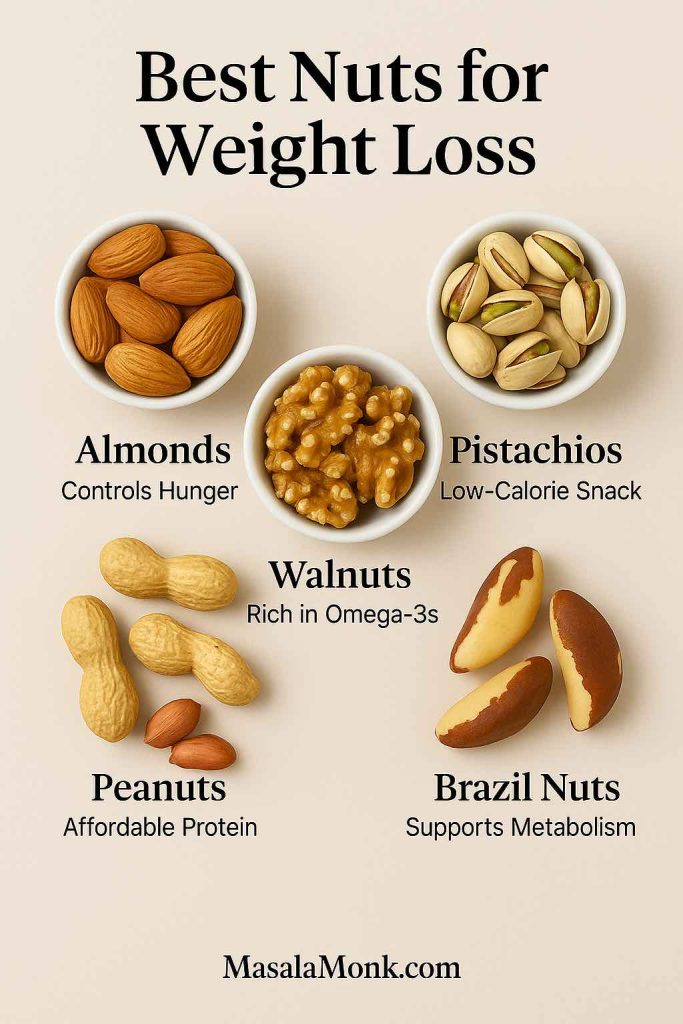
🌰 Almonds
Almonds are one of the most effective nuts for weight management. They provide 6 grams of protein, 14 grams of healthy fats, and 3.5 grams of fiber per ounce (23 almonds), which helps curb hunger and stabilize blood sugar.
A study in the International Journal of Obesity found that participants on almond-enriched low-calorie diets lost 62% more weight compared to those on nut-free diets.
How to Eat Almonds for Weight Loss
- Snack on a small handful (about 23 almonds).
- Chop and add to oatmeal or yogurt.
- Use almond butter (natural, no sugar added) on whole-grain toast.
💡 Tip: Almonds are calorie-dense. Stick to 1–2 servings daily.
🌰 Walnuts
Walnuts are unique because they’re rich in alpha-linolenic acid (ALA), a plant-based omega-3 fatty acid that supports brain and metabolic health. They may also help control appetite at a neurological level.
A study published in Diabetes, Obesity and Metabolism found that walnuts activate brain regions that regulate hunger and cravings (Harvard Health).
How to Eat Walnuts for Weight Loss
- Eat 3–4 walnut halves as a snack.
- Add to salads, oatmeal, or baked goods.
💡 Tip: Walnuts are rich but calorie-dense — limit to 1 oz per day.
Do Read: Walnuts and Weight Loss: Nurturing Health with Nature’s Powerhouse
🌰 Pistachios
Pistachios are one of the lowest-calorie nuts, with about 160 calories per ounce (49 nuts). They also provide 6 grams of protein and 3 grams of fiber, making them filling despite their small calorie load.
Nutritionists highlight that eating pistachios can help reduce visceral fat (harmful fat around organs), thanks to their healthy fat and antioxidant profile (EatingWell).
How to Eat Pistachios for Weight Loss
- Snack on pistachios in the shell (slows eating, encourages mindful snacking).
- Crush and use as a topping for yogurt, salads, or fish dishes.
💡 Tip: Choose unsalted, dry-roasted pistachios to avoid excess sodium.
Also Read: Pistachios and Weight Loss: The Green Powerhouse for a Healthy You
🌰 Peanuts
Although technically legumes, peanuts are nutritionally similar to tree nuts and are one of the most affordable sources of plant-based protein.
A review of randomized controlled trials found that peanut consumption does not lead to weight gain and may improve satiety when included in balanced diets (PMC).
How to Eat Peanuts for Weight Loss
- Enjoy boiled or roasted peanuts as a snack.
- Use natural peanut butter (no added sugar or oils) on whole-grain bread.
- Add peanuts to stir-fries for crunch and protein.
💡 Tip: Avoid flavored or candied peanuts, which often contain added sugars and oils.
Do Read: Peanuts and Weight Loss: Separating Fact from Fiction
🌰 Brazil Nuts
Brazil nuts are among the best dietary sources of selenium, an essential mineral for thyroid health and metabolism. Just one nut provides your daily requirement.
However, too many can cause selenium toxicity, so they should be consumed sparingly.
How to Eat Brazil Nuts for Weight Loss
- Eat 1–2 nuts per day.
- Add to homemade nut mixes for variety.
💡 Tip: Think of Brazil nuts as a supplement, not a snack to eat by the handful.
Also Read: Brazil Nut Bliss: 5 Rich and Creamy Dinner Meal Replacement Shakes for a Keto Feast
✅ Summary: Nuts for Weight Loss
| Nut | Key Benefits | How to Eat | Portion Size |
|---|---|---|---|
| Almonds | High protein, fiber, supports weight loss in studies | Snack, oatmeal, almond butter | 23 almonds (1 oz) |
| Walnuts | Omega-3 fats, appetite control, brain health | Snack, salads, oatmeal | 1 oz (7 halves) |
| Pistachios | Lowest-calorie nut, reduces visceral fat | In-shell snack, toppings | 49 pistachios (1 oz) |
| Peanuts | Affordable protein, improves satiety | Boiled, roasted, peanut butter | 1 oz (28 peanuts) |
| Brazil Nuts | Selenium for metabolism, thyroid health | 1–2 daily | Very small serving |
🥜 Peanut Butter and Other Nut Butters for Weight Loss
Nut butters can be an excellent addition to a weight-loss diet — but only if you choose the right kind. While some store-bought spreads are loaded with added sugars, hydrogenated oils, and salt, natural nut butters provide a nutrient-dense balance of protein, fiber, and healthy fats that support satiety and energy.
A tablespoon of natural peanut butter offers about 4 grams of protein, 2 grams of fiber, and 8 grams of healthy fats — enough to keep you full and energized without spiking blood sugar. In fact, a Harvard article highlights peanut butter as a smart snack when paired with whole foods like fruit or whole-grain bread.
🥜 Peanut Butter for Weight Loss
Peanut butter is the most popular nut butter, and when consumed in moderation, it can support fat loss by:
- Reducing cravings due to protein and fat content.
- Stabilizing blood sugar when paired with complex carbs.
- Offering a portable, versatile snack option.
👉 Best choice: Natural or organic peanut butter with only peanuts (and maybe salt) in the ingredient list. Avoid “low-fat” versions, as they often add sugar.
Learn now How to make the Best Peanut Butter at Home.
🌰 Almond Butter
Almond butter is slightly higher in vitamin E, magnesium, and monounsaturated fats compared to peanut butter, making it a heart-healthy alternative. It may be especially useful for those who want a lower-carb option while still boosting protein intake.
Do Read: Almond Butter for Diabetes: Creamy, Clean & Blood Sugar Friendly
🌰 Other Nut Butters
- Cashew Butter: Creamy and mild, though lower in protein compared to peanuts or almonds. Best in moderation.
- Mixed Nut Butters: Provide a variety of nutrients and flavors, though calories remain high.
- Hazelnut Butters: Often sold sweetened (e.g., chocolate spreads), which should be avoided for weight loss.
✅ Tips for Using Nut Butters in a Weight-Loss Diet
- Stick to 1–2 tablespoons per serving (about 90–180 calories).
- Pair with fiber-rich foods like apple slices, celery sticks, or whole-grain toast.
- Use as a smoothie base instead of sweetened syrups.
- Avoid heavily processed or flavored nut butters marketed as “healthy” but packed with sugar.
💡 Key Takeaway: Peanut butter, almond butter, and other natural nut butters can be part of a weight-loss-friendly snack strategy. The key is choosing minimally processed versions and controlling portions.
Best Way to Eat Nuts and Seeds for Weight Loss
Knowing which nuts and seeds support weight loss is only half the battle — the other half is learning how to eat them correctly. Because nuts and seeds are calorie-dense, the secret lies in portion control, timing, and smart pairings.
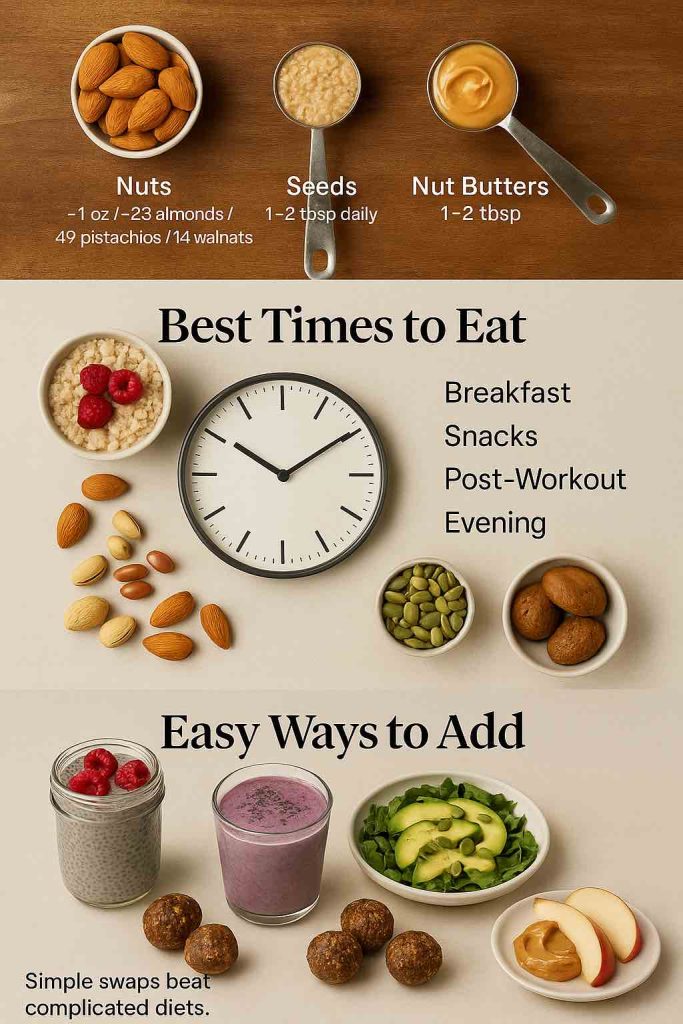
✅ Serving Sizes Matter
- Nuts: 1 ounce (about a small handful or 23 almonds, 49 pistachios, or 14 walnut halves). This equals roughly 160–180 calories.
- Seeds: 1–2 tablespoons daily (chia, flax, pumpkin, sesame, or sabja).
- Nut Butters: 1–2 tablespoons (90–180 calories).
👉 Moderation is essential. Eating too many can lead to calorie surplus, which counteracts weight-loss efforts.
⏰ Best Times to Eat Nuts and Seeds
- Breakfast: Add chia, flax, or almonds to oats, yogurt, or smoothies for a filling start.
- Snacks: Replace chips or cookies with pistachios or peanuts for a protein boost.
- Post-Workout: A smoothie with nut butter and seeds supports muscle repair.
- Evening: A small serving of walnuts or pumpkin seeds can curb late-night cravings without spiking blood sugar.
🍴 Easy Ways to Add Them to Your Diet
- Chia Pudding: Soak 2 tbsp chia in milk overnight, top with berries.
- Almond & Date Energy Bites: Blend almonds, dates, and a sprinkle of flax.
- Flax Smoothie: Add 1 tbsp ground flax to banana or berry smoothies.
- Pumpkin Seed Salad Topper: Sprinkle roasted seeds over greens for crunch.
- Peanut Butter Snack: Pair 1 tbsp natural peanut butter with apple slices or celery.
💡 Key Takeaway: Eating the best nuts and seeds for weight loss doesn’t mean endless handfuls — it means choosing the right portions, adding them to meals strategically, and using them as healthy replacements for processed snacks.
🌟 Other Health Benefits Beyond Weight Loss
While nuts and seeds are excellent for weight control, their benefits extend far beyond fat loss. Packed with essential nutrients, these tiny foods support overall health and disease prevention.
🧠 Rich in Magnesium
Many nuts and seeds — especially almonds, cashews, and pumpkin seeds — are excellent sources of magnesium, a mineral that supports energy production, blood sugar control, and muscle function. Low magnesium intake has been linked to higher risks of obesity and type 2 diabetes (NIH).
Do Read: Magnesium Deficiency? Add These 5 Foods to Your Diet
❤️ Heart and Metabolic Health
The healthy fats in nuts and seeds — particularly monounsaturated and polyunsaturated fats — help reduce LDL (“bad”) cholesterol and improve cardiovascular health. A large review published in the Journal of Nutrition found that regular nut consumption lowered the risk of heart disease by 15–23% (Journal of Nutrition).
💪 Omega-3 Fatty Acids
Walnuts, flax, and chia seeds are rich in plant-based omega-3 fatty acids, which help reduce inflammation, support brain health, and improve metabolic function. The Times of India highlights chia and flax seeds as some of the best vegetarian omega-3 sources.
Also Read: How Omega-3 Fatty Acids Help Fight Chronic Inflammation?
🛡️ Antioxidants and Plant Compounds
Sesame, flax, and chia seeds provide lignans and other antioxidants that fight oxidative stress, supporting hormonal balance and long-term disease prevention. Nuts like pistachios and walnuts also supply polyphenols with anti-inflammatory benefits (Verywell Health).
💡 Key Takeaway: Adding nuts and seeds to your diet not only helps with weight loss but also improves heart health, reduces inflammation, and provides long-lasting energy — making them a cornerstone of a balanced, healthy lifestyle.
🔬 Science-Backed Evidence: What Research Says
The role of nuts and seeds in weight management isn’t just a diet trend — it’s supported by decades of scientific research. Here are some of the strongest studies that back their benefits:
📉 Nuts and Lower Obesity Risk
A large-scale study from Harvard tracked nearly 145,000 adults over four years. Results showed that eating a handful of nuts daily was linked to a 16% lower risk of obesity and less long-term weight gain compared to people who rarely ate nuts.
⚖️ Nut-Inclusive Diets Enhance Weight Loss
A 2024 review published in Nutrition Research Reviews found that adding nuts like almonds, pistachios, and walnuts to calorie-restricted diets resulted in 1.4 to 7.4 kg more weight loss compared to similar diets without nuts (Health.com).
Similarly, a University of South Australia study confirmed across multiple trials that nut-inclusive weight-loss diets are at least as effective — and often more effective — than nut-free approaches.
🔥 Fewer Calories Absorbed Than Labels Suggest
Not all the calories in nuts are absorbed by the body. A study on walnuts found that their metabolizable energy was 21% lower than the standard calorie count listed on nutrition labels (Health.com). This means your body actually digests fewer calories than expected.
✅ No Evidence of Weight Gain from Nuts
Meta-analyses and randomized controlled trials consistently show that nut consumption does not cause weight gain. In fact, when nuts replace processed snacks, they support better weight control (PMC).
💡 Bottom Line: The science is clear — far from being fattening, nuts and seeds are proven allies in weight management, helping reduce obesity risk, enhance fat loss, and improve long-term health.
❓ FAQs About Nuts, Seeds, and Weight Loss
🥜 Are nuts fattening or good for weight loss?
Despite being high in calories, nuts are not fattening when eaten in moderation. Studies show that regular nut consumption does not lead to weight gain and may actually support fat loss thanks to their protein, fiber, and healthy fats (PMC).
🥗 Which nuts are best for weight loss?
Almonds, pistachios, and walnuts are among the best nuts for weight loss. They’re high in protein and fiber, help control appetite, and have been linked to reduced body fat in multiple studies (Harvard Health).
🌱 Which seeds are best for weight loss?
Chia seeds, flax seeds, and pumpkin seeds are top choices. They’re rich in fiber and omega-3s, which slow digestion, promote fullness, and support metabolism (Healthline).
🥄 How many almonds should I eat per day for weight loss?
A small handful — about 23 almonds (1 ounce) — is considered an ideal daily portion. This provides enough protein and fiber to support satiety without adding excess calories.
🥤 How should I eat chia seeds for weight loss?
Soak 1–2 tablespoons of chia seeds in water or milk for 15–20 minutes before eating. Popular options include chia pudding, chia smoothies, or simple chia water taken before meals (Harvard Health).
🍞 Can peanut butter help with weight loss?
Yes — if it’s natural peanut butter with no added sugar or oils, and eaten in moderation. Stick to 1–2 tablespoons paired with fruit or whole-grain toast for a filling snack (Harvard Health).
⚖️ Are seeds better than nuts for weight loss?
Both are beneficial. Seeds (like chia and flax) offer more fiber per serving, while nuts (like almonds and pistachios) are higher in protein. Including a mix of both provides the best balance for weight control and overall health.
🏁 Conclusion
Nuts and seeds are often misunderstood — many people avoid them for fear of gaining weight, but research shows the opposite. When eaten in moderation, the best nuts and seeds for weight loss — from chia and flax seeds to almonds, pistachios, and walnuts — are powerful tools for controlling hunger, boosting metabolism, and improving overall health.
These tiny foods provide the perfect balance of protein, fiber, and healthy fats, which keep you full for longer and help you avoid unhealthy snacking. On top of that, they offer additional benefits like heart protection, blood sugar control, and essential nutrients such as magnesium and omega-3 fatty acids.
The key is portion control and smart usage: a handful of nuts or a few tablespoons of seeds can go a long way. Swap processed snacks for natural options like chia pudding, almond butter on whole-grain toast, or roasted pumpkin seeds, and you’ll feel the difference in your energy, cravings, and weight goals.
👉 Start small today: add a tablespoon of chia to your breakfast or swap chips for a handful of pistachios. Over time, these small, sustainable choices can transform your health — one bite at a time.

